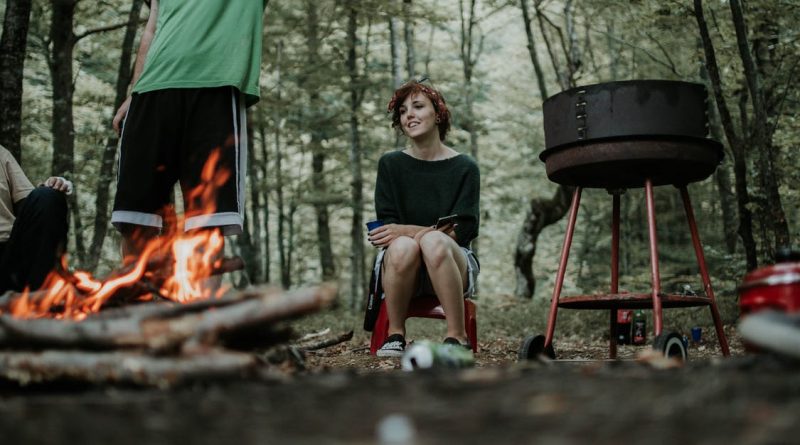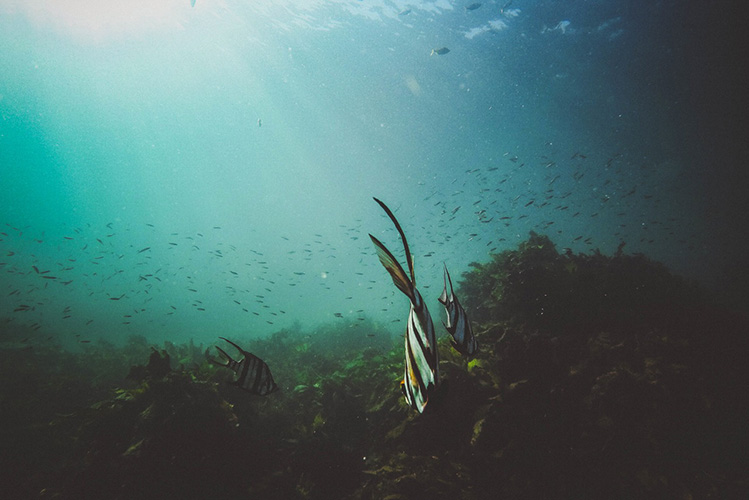The Bugs, Bites, and Itches of Camping: What You Need to Know
Camping can be a wonderful experience; however, if you get bitten up by mosquitoes or run into a patch of poison ivy during your experience, you might just find yourself running for the hills – of the next day spa, that is.
Of course, there is no sure-fire way to keep all these troublesome things at bay; however, there are precautions you can take to avoid them at all costs.
Where the Bugs Are
Typically bugs, especially mosquitoes, are found in grassy wetland areas and by bodies of water. Lakes, streams, and most especially ponds are known for their high infestation of mosquitoes. So, if you do not want to get bitten, stay away from grassy wetland areas and bodies of water.
Bugs’ favorite spots are in the wooded areas along the campsite as well. They love to hide in low-lying leaves, in the dirt, and on the trees themselves.
Another hot spot for bugs, especially wasps and yellow jackets, is near the dumpster. Bees are always looking for something sweet to suck on.
Tall grass can hide many things from bugs to snakes, so this is another area to stay away from.
The Itches and Ouches of Natural Habitat
Poison ivy is no fun to come into contact with. Itching, inflammation and blistering may occur when coming into contact with this plant. Poison ivy is found in many places such as an open field or as ground cover. It is easy to spot, has three leaves and looks like many other common plants. It loves to hang out in the woods.
Poison oak loves the wooded forest and sandy fields. It has a scalloped design to it and can cause itching, irritation, a rash and sometimes blistering as well.
Poison sumac is the more potent of the poisonous plants. It is typically found near wetlands such as bogs. This plant resembles more of a bush than a plant and has a greenish-blue leaf and red veins that are apparent. Washing your skin immediately after coming into contact if you recognize it is essential to lessen the severity of the rash, burning, and blistering.
While it is impossible to avoid all of these things, you can take precautions.
Citronella coils, bug repellant, calamine lotion, oatmeal, baking soda and other holistic treatments to bring along will lessen the severity.
It is best to acclimate yourself with the different types of insects and plant life you may come into contact with in your region. And try to stay clear of wooded areas and stay out in the clearings.





Thanks for these tips
when my son was in boy scouts i Learned that avon skin so soft was a good bug repellent,,i know i didnt believe it either but they requested that the boys bring a bottle,,of course that was back in the late i980s so things have progressed a lot since then
I haven’t been camping in years but I used to go often. I know bugs are a big problem. We live in a wooded area so we get a lot of them here.
We used to go camping a lot when our kids were younger. We even let them camp in the backyard. We always brought with us some kind of bug repellent, citronella candles, & a bug zapper. Calamine, Aloe Vera, and Bactine were what we used for treating our bug bites. We also had some Benadryl for the real itching person to take.
In my opinion, nothing is worse than having an itch you can’t scratch!! This was pin worthy! Thank you for sharing!
We use bug spray whenever we are out. The Off deep woods spray seems to work well for us.
We have had some hikes and picnics ruined by bugs so now we think ahead and use bug spray and some natural repellants when at home.
Bug spray and citronella candles are my friends
We need to put bug spray on just to go into our yard at night.
Probably the worst thing about camping…bugs!!
We try to cover up as much as possible.
Bug spray and citronella candles are my friends
Bugs can ruin a good camping trip.
Your tips are really helpful.
We live in the country and used to camp with our kids and grandkids. But about 1O years ago my husband became allergic to wasps and bees. He keeps an epipen on him at all times. Also our town now has the largest cases of Lyme disease.
I used to work at a summer camp for the Girl Scouts…years ago. I don’t camp because of my lack of money and disability that I have now.
We use a lot of bug spray and dress accordingly.
This information about the bugs, bites, and itches of camping is very helpful. Thanks for sharing!